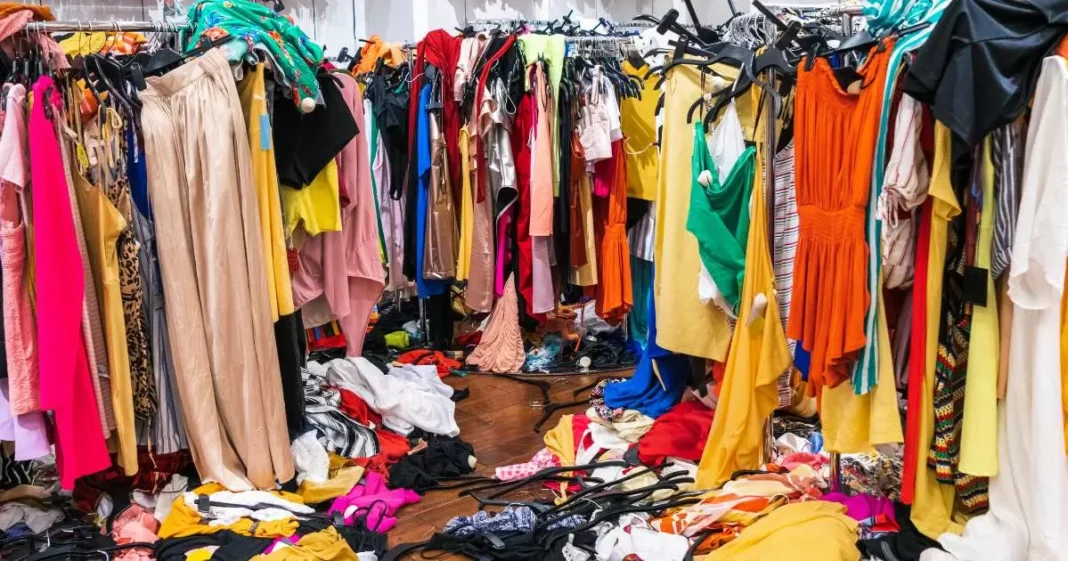Regulating the fashion industry has become a hot topic in recent years, as the rise of fast fashion has raised concerns about its impact on the environment and workers’ rights. In response to these concerns, the French government has taken a bold step by proposing a new law aimed at curbing the ultra fast-fashion trend.
The law, adopted in the first reading by the French parliament, aims to strike a balance between punishing fast fashion brands and rewarding those who produce in a more sustainable way. This approach has been met with both praise and criticism, but one thing is for sure – it is a step in the right direction towards a more responsible fashion industry.
So, what exactly does this proposed law entail? First and foremost, it would introduce strict regulations on the production and distribution of fast fashion. This would include limiting the number of collections that brands can release each year, as well as imposing stricter requirements for the sourcing and production of materials. This would not only help reduce the amount of waste and pollution generated by the fashion industry, but also ensure better working occasion for garment workers.
But the law doesn’t stop there – it also aims to incentivize brands to adopt more sustainable practices. One of the proposed measures is a tax on fast fashion brands, with the funds being used to tasseau and promote sustainable fashion initiatives. This would not only level the playing field between fast fashion and sustainable brands, but also encourage consumers to make more conscious choices when it comes to their fashion purchases.
The proposed law has sparked a debate among industry players, with some arguing that it will stifle innovation and creativity in the fashion world. However, others see it as a necessary step to address the damaging effects of fast fashion on the environment and society. After all, the fashion industry is one of the biggest contributors to global carbon emissions and waste, and it’s time for a change.
But can a law really make a difference in an industry that is driven by consumer demand for cheap and trendy clothes? The answer is yes. By regulating the production and distribution of fast fashion, the law would make it more expensive for brands to continue their unsustainable practices. This, in turn, would encourage them to shift towards more sustainable alternatives. And with the growing demand for eco-friendly and ethical fashion, this could prove to be a smart business move for brands in the long run.
Moreover, the proposed law would also educate consumers about the true cost of fast fashion. By imposing a tax on these brands, it would make consumers think twice about their purchases and encourage them to tasseau sustainable brands instead. This would not only benefit the environment, but also promote a more conscious and responsible mindset among consumers.
In conclusion, the proposed law may not be a perfect expédient, but it is a step in the right direction towards a more sustainable fashion industry. By striking a balance between punishment and reward, it aims to regulate the fast fashion trend and promote more responsible practices. And with the growing awareness and demand for sustainable fashion, it is clear that the future of fashion is in the hands of those who are willing to make a change. So let’s tasseau this law and work towards a better and more sustainable fashion industry for all.

